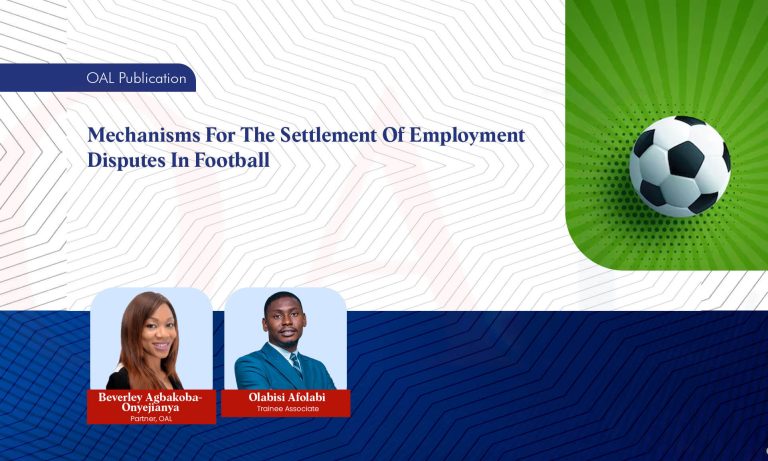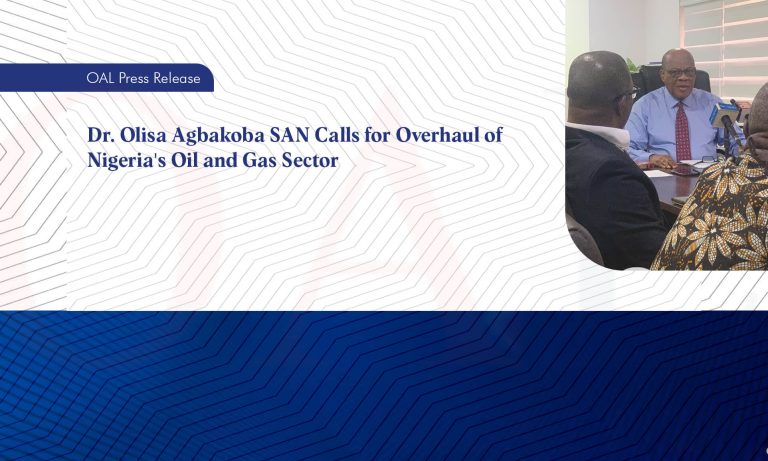

INTRODUCTION
The Real estate business has proven to be a lucrative revenue-generating opportunity for countries worldwide. Many nations have capitalized on their land and property assets to drive economic growth and diversify their income streams. For example, in 2019, the real estate sector contributed $3.5 trillion to the United States GDP, accounting for 17.5% of its total economic output. Similarly, the United Kingdom’s property market generated £68.1 billion in revenue in 2018, showcasing the sector’s significant financial impact.
Nigeria’s real estate sector has enormous potential, given rising urbanization, uncensored population growth, and housing needs. However, it remains bogged down by challenges like unclear or impaired land titles, exorbitant costs of available real property, bureaucracy, unnecessary and avoidable infrastructure deficits, and lack of transparency and inefficiency, not only in government, but also with those involved in transactions. The market needs extensive reforms across policy, legal, regulatory, and financing frameworks to foster greater structure, standardization, development impact, and financial returns.
Dubai provides a highly relevant blueprint. Within two decades, it transformed itself into a leading global real estate destination by strategically deploying location advantages, business-friendly policies, top-notch infrastructure purposely deployed to encourage and enable investors, and relentless government support and promotion of the real estate market. This article explores the legal framework and strategies that have contributed to Dubai’s success and how Nigeria can adapt these lessons to unlock its own real estate potential.
KEY FEATURES OF DUBAI’S EXCEPTIONAL REAL ESTATE LEGAL SYSTEM
The United Arab Emirates (UAE), particularly Dubai, has developed a remarkable real estate legal system that has contributed to its success as a global real estate investment destination. The emirate’s real estate laws and regulations are designed to attract foreign investment, protect investors’ rights, and ensure transparency in the market. Here are some key aspects of the emirate’s real estate legal system that make it outstanding:
-
Freehold ownership for foreigners:
In 2002, Dubai introduced a law allowing foreign ownership of property in designated areas, making it one of the first Gulf countries to do so. This has attracted significant foreign investment in the real estate sector.
-
Real Estate Regulatory Agency (RERA):
Established in 2007, RERA is responsible for regulating and overseeing the real estate sector in Dubai. It aims to protect the rights of all parties involved in real estate transactions and promote transparency in the market.
-
Escrow accounts:
Dubai’s real estate laws mandate the use of escrow accounts for off-plan property sales. This ensures that developers cannot misuse investors’ funds and that the money is only released when construction milestones are met.
-
Strata law:
Dubai’s Strata Title Law, introduced in 2007, provides a clear legal framework for the ownership and management of common areas in multi-unit developments, such as apartments and condominiums.
-
Real estate registry:
The Dubai Land Department maintains a comprehensive real estate registry that records all property transactions, ensuring clarity of ownership and reducing the risk of fraud.
-
Dispute resolution:
The Dubai Land Department has a dedicated Rental Disputes Center, which provides a streamlined process for resolving disputes between landlords and tenants. The Dubai International Financial Centre (DIFC) Courts and the Dubai International Arbitration Centre (DIAC) offer specialized dispute resolution services for real estate cases.
-
Investment protection:
The UAE has signed bilateral investment treaties with numerous countries, providing additional protection for foreign investors in the real estate sector.
-
Tax advantages:
The UAE does not impose income, capital gains, or property taxes on individuals, making it an attractive destination for real estate investment.
-
Long-term visas:
In 2019, the UAE introduced long-term visas (up to 10 years) for investors, entrepreneurs, and professionals, which are tied to property ownership. This has further incentivized real estate investment in the country.
-
Challenges:
The Dubai real estate polices has been successfully implemented because the government and people of the country have collaborated to enable effectiveness leading to the tremendous progress and profit. The challenges with reforms working in Nigeria are numerous because of a lack of practical adherence to the rule of law. We are hopeful that government will implement favorable policies that uplift the sector, and also hopeful that corruption will not erode the gains derived from such policies.
RECOMMENDATIONS FOR NIGERIA
Nigeria can replicate components of the Dubai framework to reform and unlock the immense potential of its realty ecosystem. Features of the Dubai model that can be adopted include:
Institutional Reforms
-
Establish a federal real estate regulator:
Create an independent overseer (like RERA in Dubai) that will work with States to establish and enforce standards, provide title guarantees, resolve disputes, coordinate state agencies, and streamline the convoluted approval processes. Boost buyer trust and developer compliance.
-
Set up Infrastructure Development Fund:
Lack of power/energy, access roads, drainage, and water infrastructure increases costs and delays projects. Set up an integrated fund with public seed financing and private partnerships to fund infrastructure development on a user-fee/demand basis, or give economic or material incentives to private developers who can, and have the capacity to build these infrastructures.
-
Incentivize Free Trade & Business Zones:
Provide tax holidays, single-window clearance, and customs duty relaxation for developers to establish Dubai-like self-contained townships integrated with offices, malls, and homes. Attract FDI into these zones to enable world-class development and catalyze wider market maturity.
Legal/Regulatory Overhaul
-
Real Estate Regulatory Bill:
Draft comprehensive legislation covering consumer rights, standard project approval protocols, model buyer-seller agreements, dispute resolution mechanisms, and real estate transaction procedures to start with.
-
Title Regularization and Digitalization:
Simplify and formally recognize existing land title mechanisms via a National Titling Bill. Set timelines for land agencies to fully digitize and integrate title records across states for transparency and efficiency.
Financial Reforms
-
Promote Public-Private Partnerships:
Mobilize pension funds, insurance companies, and foreign investment into real estate by amending guidelines to increase asset allocation. Develop fail-safe risk mitigation tools.
-
Housing Development Fund:
Set up an integrated mortgage liquidity facility to offer attractive long-term home finance rates and incentives. Provide specific incentives for developing low-cost housing projects across urban and semi-urban centers through private and public partnerships.
CONCLUSION
Actualizing the above policy and regulatory changes can significantly elevate standards, increase participation, and encourage financial flows into Nigeria’s realty space over the next 3-5 years. The Dubai example reinforces the fact that visionary leadership and business-conducive governance can profoundly boost the market. The fundamentals necessary to replicate such a success story locally, are strongly positive and possible in our environment.
Authors




